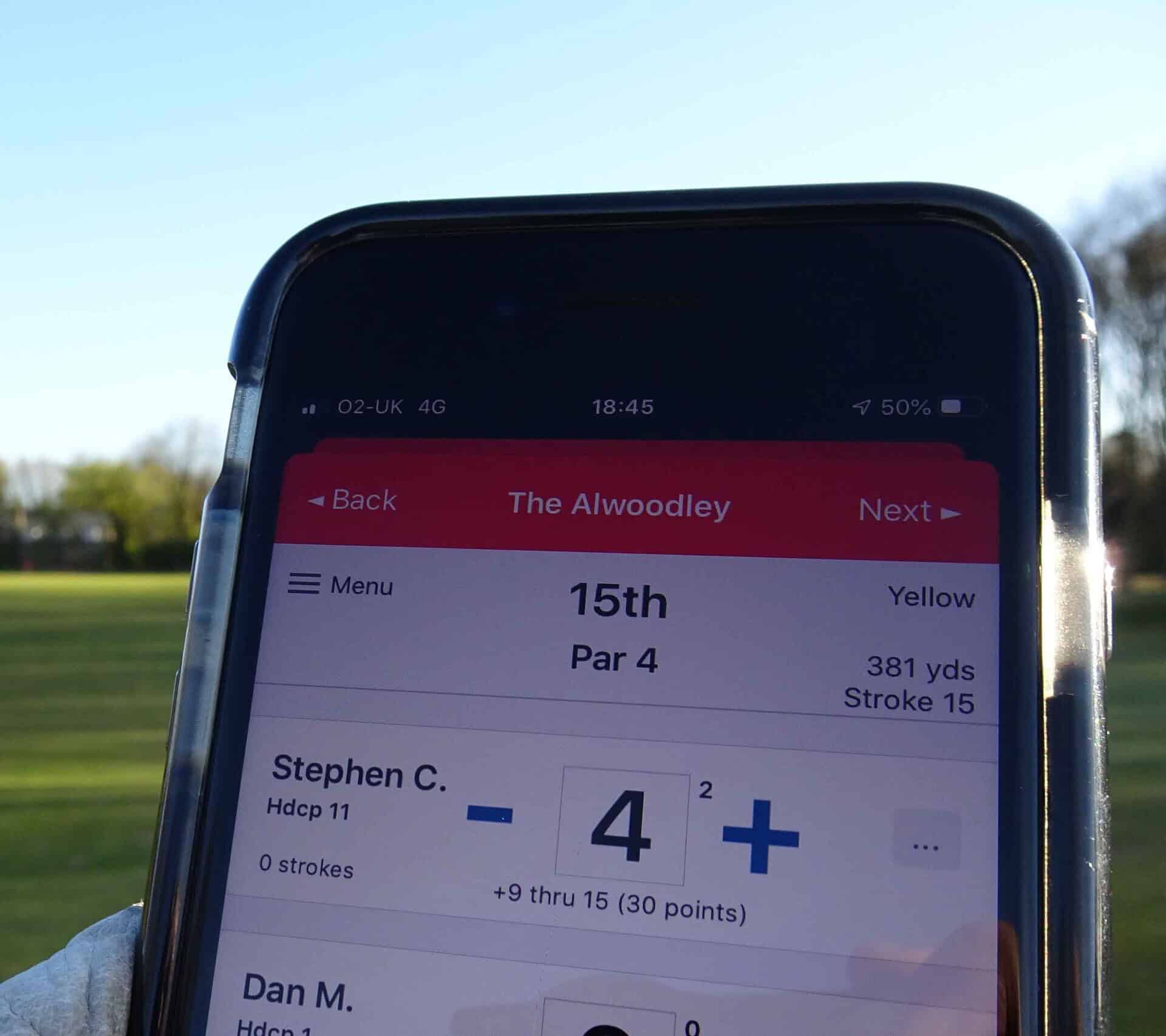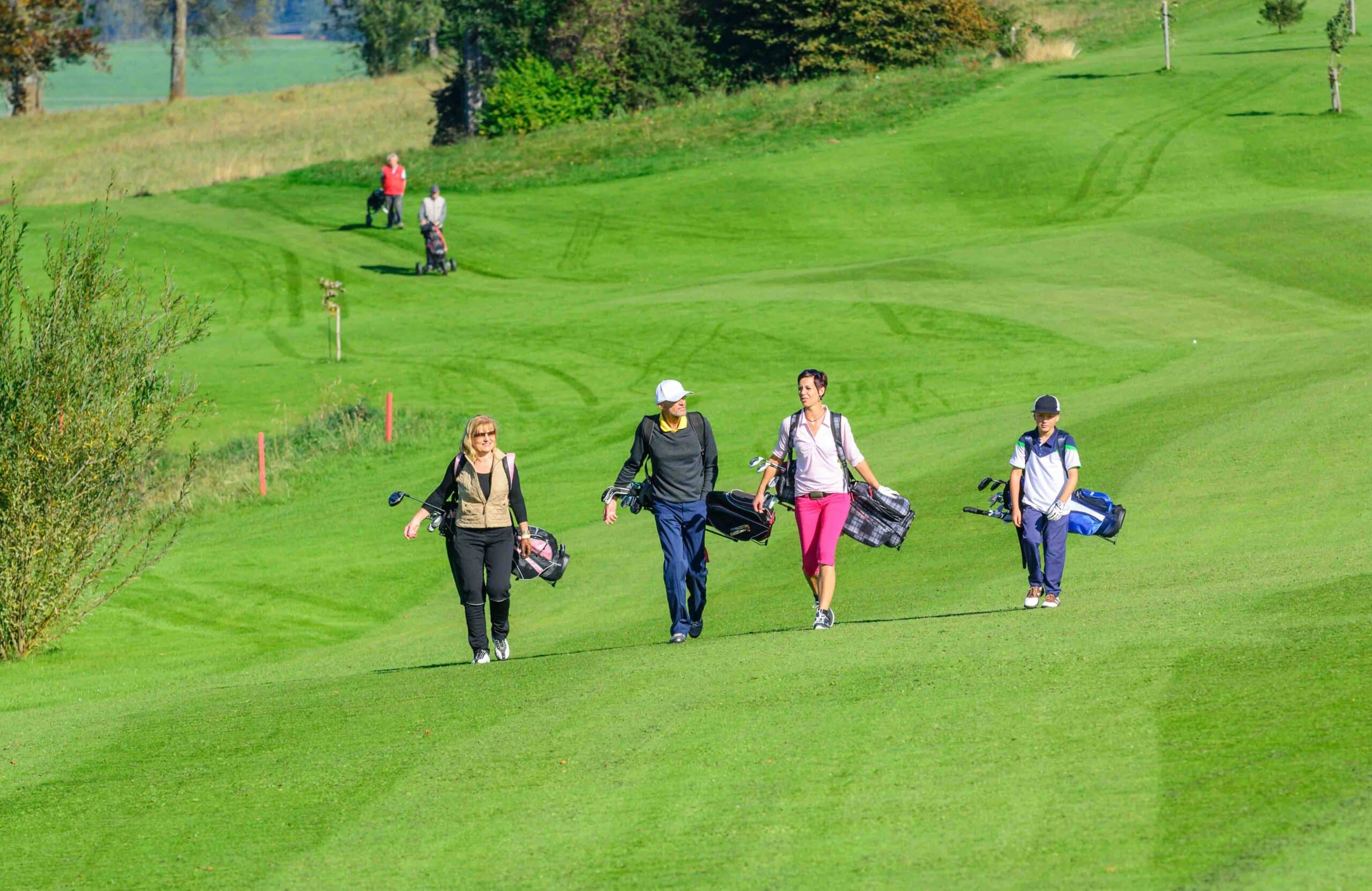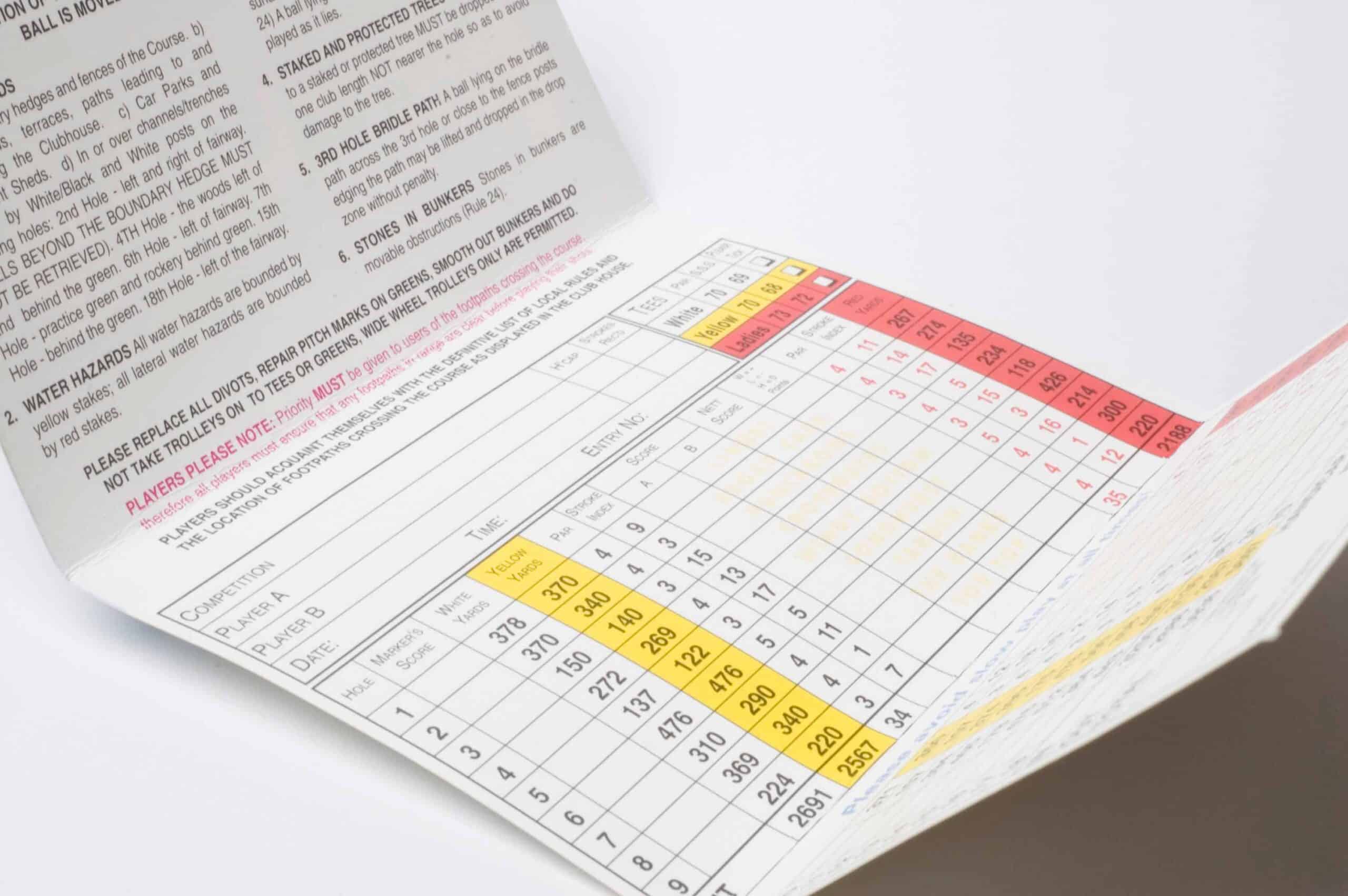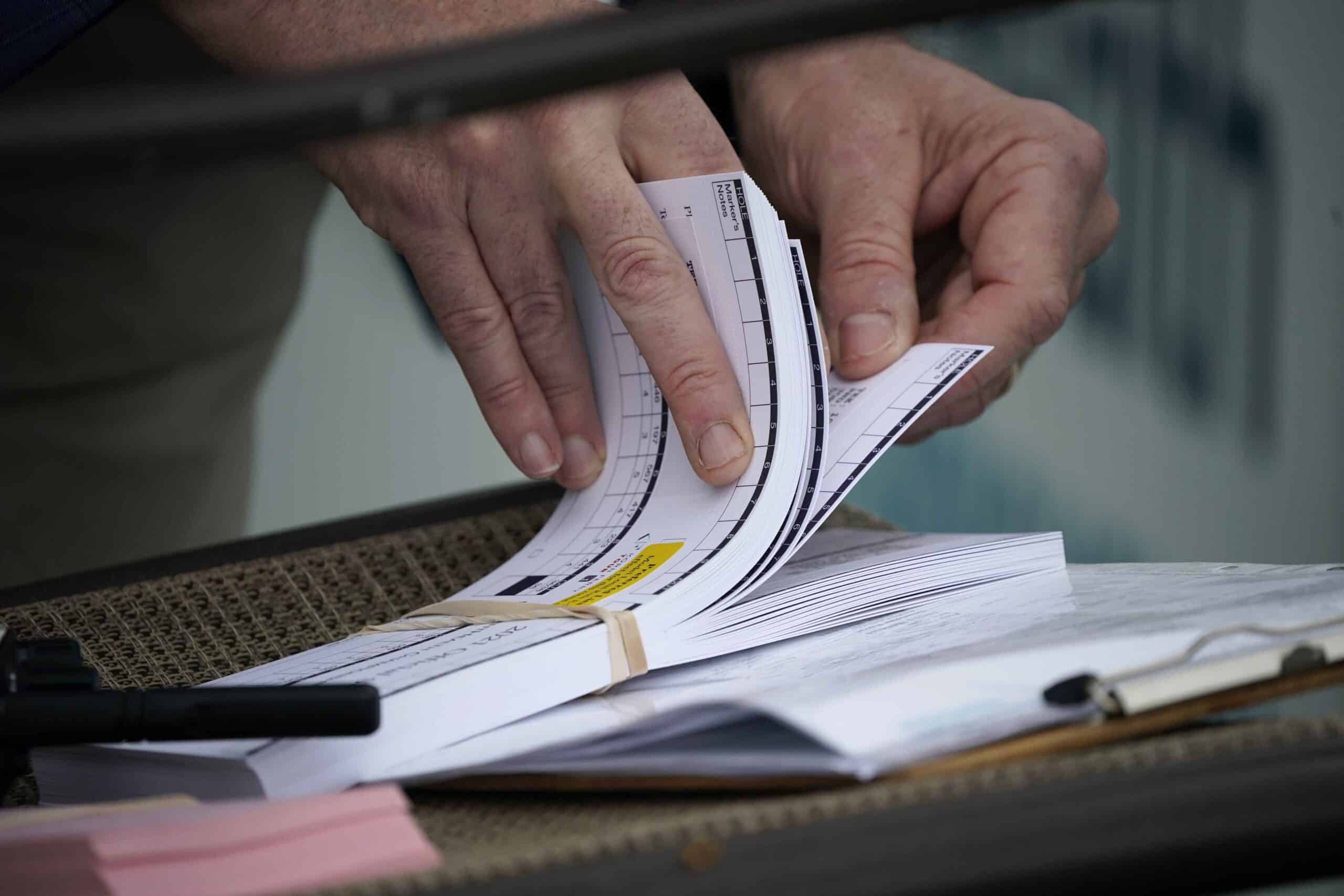
World Handicap System explained: What is the Playing Conditions Calculation?
Competition Standard Scratch and I had a love-hate relationship. All right, it was mostly hate.
You’d graft all day, think you’d secured a precious handicap drop, only to often find the CSS ensured those dreams of a cut had again been dashed.
Well, get out the bunting. CSS is no more, and instead it is the Playing Conditions Calculation we need to focus on.
But what is it? Has it passed you by in all the talk of indexes, Course Ratings and Playing Handicaps? We are here to help…
World Handicap System explained: What is the Playing Conditions Calculation?
When we play a round under the World Handicap System, we measure ourselves against the Course Rating and Slope Rating of the tees we play. Just as it used to be, though, they are based on normal playing conditions.
As we’re only too well aware, a round of golf – whether that’s because of conditions, the weather or how a course is set-up – can be very different from day to day.
The Playing Conditions Calculation looks at whether “playing conditions on the day differed from normal conditions to the extent that an adjustment is needed to compensate,” the Rules of Handicapping state.
It compares scores put in by players on a given day against “expected scoring patterns”.
Put simply, an average score submitted during a rainstorm may well be better than a good score returned when it’s warm and sunny.
If you think about that, it makes sense. You may have played an absolute blinder in really tough conditions but because those difficulties affected your score it may not otherwise have appeared as prominently on your handicap record without an adjustment to acknowledge the trials you successfully faced.
So let’s go back to the Rules of Handicapping for a second. They say the calculated adjustment is dependent upon “whether significantly fewer players than anticipated attained their expected score and, consequently, conditions are determined to be harder than normal” or “whether significantly more players than anticipated attained their expected score and, consequently, conditions are determined to be easier than normal”.
The PCC is generally performed once a day – that’s why it’s so important you put your score in on the day you play – and it has a few requirements:
- At least eight acceptable scores need to be submitted each day to determine if an adjustment is needed
- It only includes acceptable scores submitted by players who have a handicap of 36.0 or below
- Where applicable, it does not include scores that are scaled up to 9 or 18-holes
As CSS did, the PCC can adjust between -1 to +3. But here’s where it’s different. Since the PCC measures all scores submitted on the day, whether there’s a competition or not, any adjustment is applied in the calculation of score differentials for ALL players who returned a score.
Need more information on the World Handicap System?
Visit our dedicated WHS page where you will find everything you need to know and details of how to contact us if you have any more questions.
Subscribe to NCG
Steve Carroll

A journalist for 25 years, Steve has been immersed in club golf for almost as long. A former club captain, he has passed the Level 3 Rules of Golf exam with distinction having attended the R&A's prestigious Tournament Administrators and Referees Seminar.
Steve has officiated at a host of high-profile tournaments, including Open Regional Qualifying, PGA Fourball Championship, English Men's Senior Amateur, and the North of England Amateur Championship. In 2023, he made his international debut as part of the team that refereed England vs Switzerland U16 girls.
A part of NCG's Top 100s panel, Steve has a particular love of links golf and is frantically trying to restore his single-figure handicap. He currently floats at around 11.
Steve plays at Close House, in Newcastle, and York GC, where he is a member of the club's matches and competitions committee and referees the annual 36-hole scratch York Rose Bowl.
Having studied history at Newcastle University, he became a journalist having passed his NTCJ exams at Darlington College of Technology.
What's in Steve's bag: TaylorMade Stealth 2 driver, 3-wood, and hybrids; TaylorMade Stealth 2 irons; TaylorMade Hi-Toe, Ping ChipR, Sik Putter.










